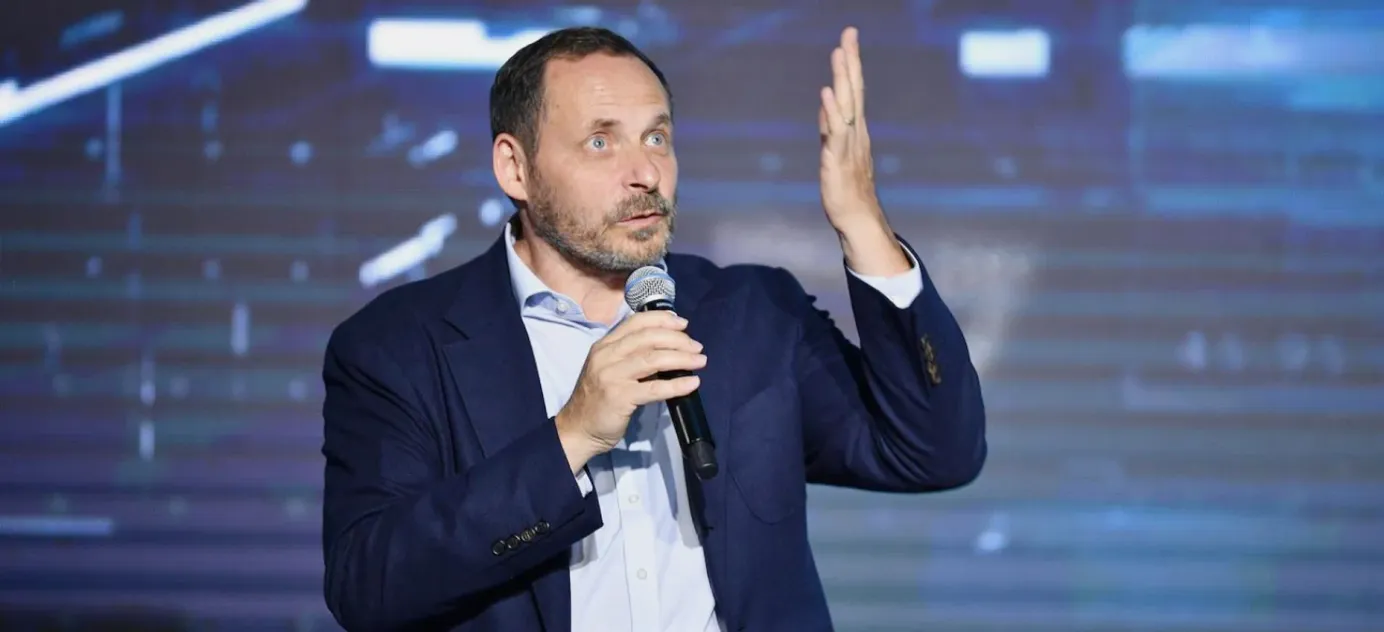
Russia looks to ensure social media influencers pay tax
The Russian authorities appear to be continuing in their quest for ways to maximize tax revenue amid Western sanctions and rising military expenditure. Now, even the country’s social media stars are in their sights. Police last week carried out a very public arrest of Yelena Blinovskaya, a self-styled “personal growth trainer” who has been accused of racking up 1 billion rubles ($12 million) in unpaid taxes. She’s not the only hugely popular social media influencer to face criminal charges in recent months — the Russian tax service has reportedly even set up a special department to prosecute such cases.
- Blogger and “personal growth trainer” Blinovskaya was detained Thursday in dramatic fashion. A criminal case was opened against her the previous day but she was apparently warned that she could be arrested by influential acquaintances. In a cloak-and-dagger operation, she booked a flight to Tashkent, Uzbekistan, before jumping in her Maybach and making a dash for the Belarusian border in the middle of the night. But the police were waiting for her. The arrest itself was filmed and widely broadcast by state-run media. News reports focused on Blinkovskaya’s wealth and the luxurious escape car she was driving.
- The blogger is accused of tax evasion – almost 1 billion rubles ($12 million). If found guilty on the tax evasion and attendant money laundering charges she could be jailed for up to 10 years. Prosecutors claim that Blinovskaya abused a preferential taxation program and her income, which amounted to 5 billion rubles ($60 million) over the last three years, was derived from 18 shell companies that pay a reduced tax rate. This is a simple but popular tax dodge in Russia.
- Blinovskaya is a leading figure in Russia’s popular “personal growth” market — a profession that boils down to motivational speaking. She has 5.3 million followers on Instagram (which was banned in Russia after the invasion of Ukraine), and sells a range of courses as part of a programme she calls “the marathon of desire.” On signing up for a course, customers are urged to identify their desires, “stop being afraid of them” and work to achieve them. Taking part in such a “marathon” costs anything from $100 to $12,000 (depending on the level of interaction with Blinovskaya herself). This kind of course became popular in Russia in the late 2010s and U.S. motivational speaker Tony Robbins has been the role model for many local bloggers. In 2018 Robbins came to Moscow, where his show – with tickets starting at $500 – was a major event, attracting 26,000 people to the vast Olympiysky sports complex.
- State-run media is dropping not-so-subtle hints that Russia is serious about collecting taxes from people who do business via social media. In March, police arrested fitness blogger Valeriya Chekalin (more than 10 million followers) and her husband over allegedly failing to pay 300 million ruble ($3.5 million) in taxes. Instagram promotions coach Alexandra Mitroshina (4 million followers) was accused of a $2 million tax fraud last year but she managed to avoid arrest by fleeing to Dubai. Baza, a publication known to have good contacts in the security services, claimed recently that the Federal Tax Service has established a special department to look into the tax affairs of high-profile bloggers. And pro-Kremlin Telegram channels have circulated a hit-list of tax-evading influencers.
Why the world should care
Social media-based businesses have long been a substantial segment of the Russian economy – even five years ago analysts reckoned that peer-to-peer trade on social networks could be worth $10 billion. Now, when Russia’s revenues cannot cover the country’s military expenditure, the tax authorities appear to be using criminal cases against celebrity bloggers to intimidate those involved in this sector to pay their dues.




